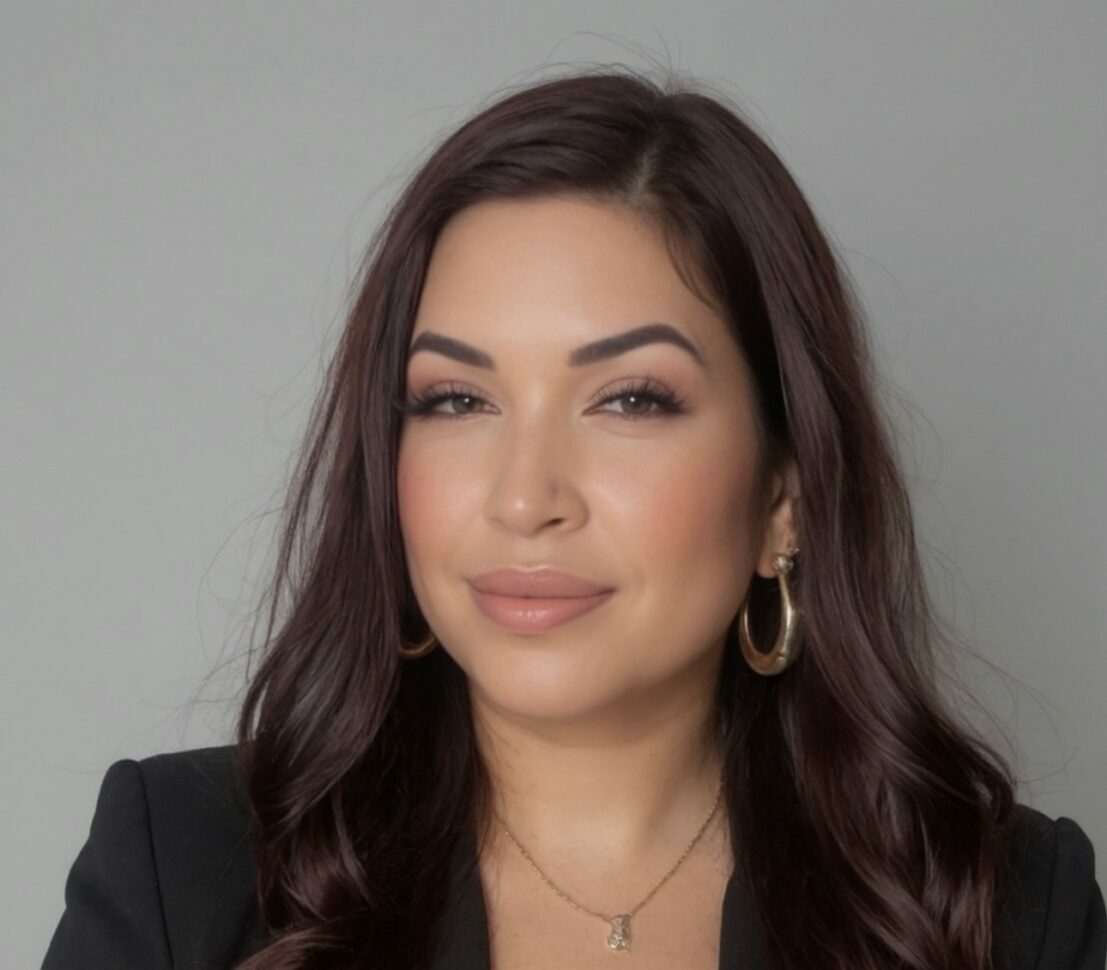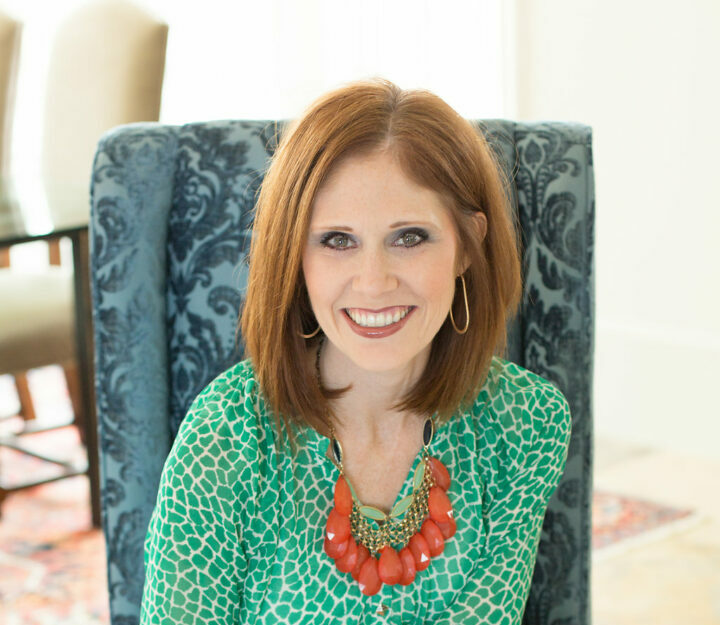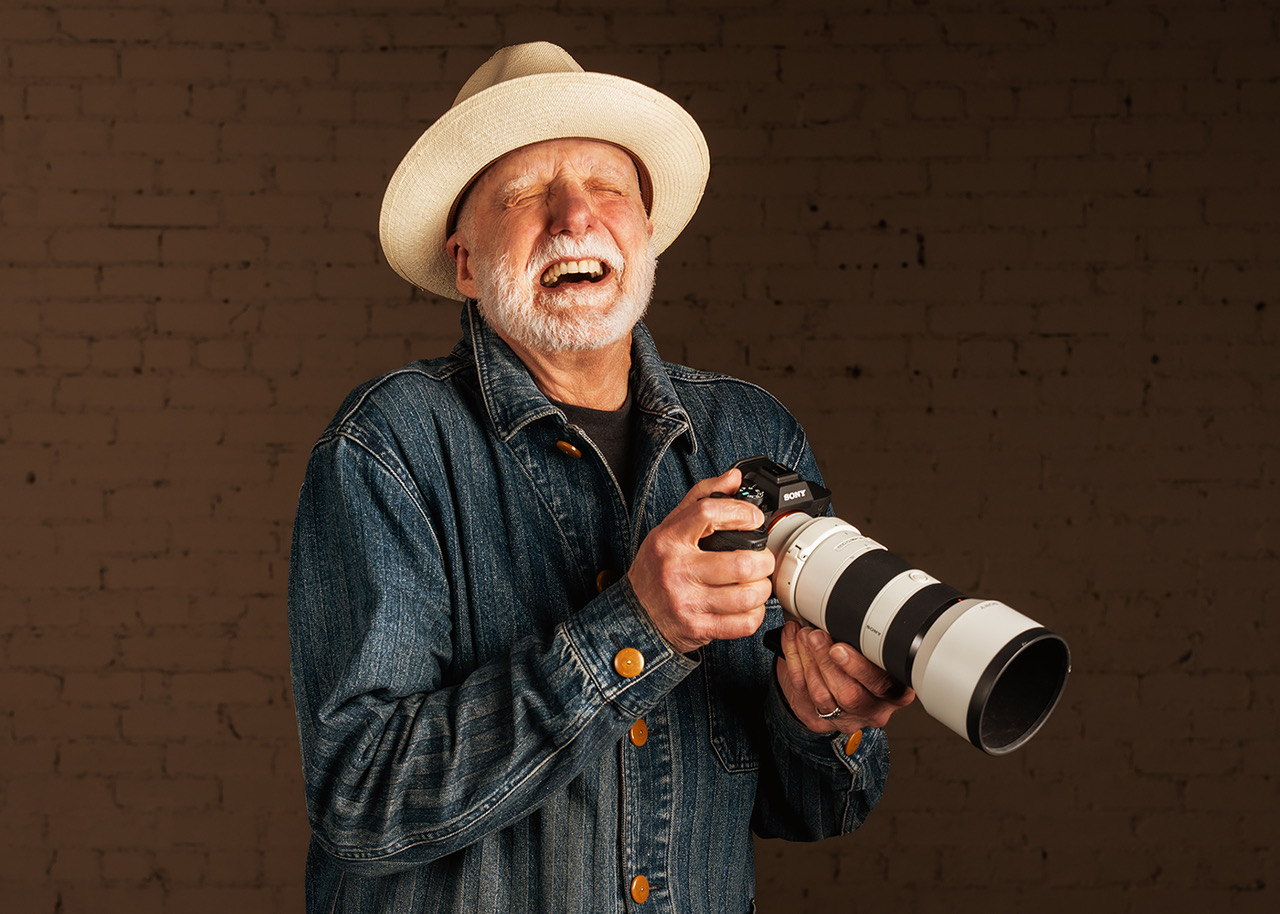Alright – so today we’ve got the honor of introducing you to Rose Bianco. We think you’ll enjoy our conversation, we’ve shared it below.
Hi Rose, so happy to have you with us today and there is so much we want to ask you about. So many of us go through similar pain points throughout our journeys and so hearing about how others developed certain skills or qualities that we are struggling with can be helpful. Along those lines, we’d love to hear from you about how you developed your ability to take risk?
I chose to pursue the field of Acting, and it has always been a challenge. Often, people have often told me how great it was that I am “following my dream.” I haven’t really thought of it that way. When I was picking a major for college, I initially chose Pre-Law and that was the practical thing that my mother suggested. But when I took a theatre games class the spring before I graduated and realized that was clearly my calling, I changed my major to Drama. I didn’t give it a thought really. Was I taking a risk? When one is young and callow, risk-taking isn’t so unusual. At least for myself, I often took risks and only did it as the obvious next step. When I felt the time was right, I moved to New York. I’ve lived many places and now in my ripe age, I’ve learned that most people do not ever choose to take such a risk — the risk of pursuing a job that is extremely difficult to make a living in, the risk of moving to New York City with a couple of hundred dollars in my bank account. But I have always simply moved along and taken the roads less traveled if they were the roads that led to where I wanted to be. It seems, in fact, the practical thing to do.
Let’s take a small detour – maybe you can share a bit about yourself before we dive back into some of the other questions we had for you?
I have been an actor of a long time, since college days in Chicago. I studied at DePaul University and also have taken a good deal of additional training- conservatory training at Ted Liss Studio, various scene study classes in Chicago, San Francisco, New York and Atlanta, as well as several years of dance training, a little vocal training (still can’t sing) and improv classes. I pursued this career for quite some time until I got married and had children. At this point I stopped all of that because I needed to work a full time job. My family moved to Atlanta in the early oughts and I was still working as an assistant or paralegal in a law firm and kept busy going to gymnastics and karate classes, football and softball games. But little by little theatre was drawing me back in. By the time the kids were old enough to not need me to drive them around, I had gotten an agent, and a small foothold into the start of a burgeoning television and film industry here in Atlanta.
In the past ten years I have succeeded in Atlanta to an extent I was never able to accomplish in my younger years. I work regularly here in Atlanta, and also have a New York agent and work from time to time in New York and Los Angeles. Usually my roles are not too flashy or noticeable but readers might recognize me as Yaya, Miguel’s grandmother on Cobra Kai (Netflix), or the drug cartel matriarch in Project Power. I am continuing to build my career — after all, look at Rita Moreno! As long as I have my health I’m continuing forward.
Looking back, what do you think were the three qualities, skills, or areas of knowledge that were most impactful in your journey? What advice do you have for folks who are early in their journey in terms of how they can best develop or improve on these?
When an aspiring actor asks for advice, the first thing I mention is, get some training; there are some people who essentially trained on the job and are good actors and journeymen without formal training but the more likely road is to study the art. Take some classes, become part of the actor community, meet other actors and theatre, film and/or tv professionals. Be in a place where you can hear about what is happening in the industry, and where you can apply for a job, or be referred, if the right opportunity arises. This is the “be at the right place at the right time” theory; it helps.
Additionally, if a person wants to be an actor, it is simply not enough to be talented, or have a degree in the arts. It is important to be diligent, on time, and reliable. In a situation where there are two equally talented, suitable people for a role, where one person is late, forgets lines often, or is disruptive on set, and the other person is known to be on time, discreet, helpful and ready to work — the second person will get the job.
These lessons can be learned the hard way but it’s more pleasant for that not to happen. Developing these traits, learning these tricks of the trade, is a matter of being proactive, self-motivated, and listening!
Okay, so before we go, is there anyone you’d like to shoutout for the role they’ve played in helping you develop the essential skills or overcome challenges along the way?
There have been so many people that have helped me in my acting journey that I can only name a paltry few here.
Nesbitt Blaisdell was my very first acting instructor in a basic acting class at the Victory Gardens Theatre in Chicago. I learned the very foundations of creating a performance, the definitions of moments, objectives, obstacles. It’s all very well and good to read all the books, Stanislavsky’s “An Actor Prepares,” Boleslavsky’s “Acting,” Michael Shurtleff’s “Audition”; learn all the lingo. But without practical lessons and guidance it would seem to be very hard to really comprehend this stuff.
Bruce Hickey was directing a sequel to the ongoing play at the Victory Gardens, who asked Nesbitt if I was any good at all. I guess Nesbitt said I showed promise, Bruce asked me to audition for the role of the teenage girlfriend of the lead, I booked this role and with that I was on my way. I have always been grateful to Bruce for this.
There is Ted Liss, an instructor from whom I learned pretty much almost all of my technique and knowledge. I have honed this knowledge, and added to it by studying with numerous other teachers and alternatives to Stanislavsky method — I have gleaned as much as possible from all of these teachers’ points of view to create my own approach to building a character. But I will have to say, Ted Liss was the original; and, an original. RIP Ted.
Shirley MacLaine was important in my life in a very roundabout and strange way. I was in Chicago, living with my mom, not knowing what I should do next. I read Shirley’s first book and there was a story about her moving to New York with barely a penny to her name, just gumption and vision. I remember she’d go into diners and ask for water, then grab some lemon and sugar (tea fixings) and make herself a lemonade; this was a big part of her subsistence in those days. I was in awe. I immediately made plans to move to New York. Shirley’s indomitability was infectious.
I have been extremely lucky to have met my husband Bill Szymanski, who supported me in all ways in my journey — as a human being, as a mom, as an actor. I am grateful to my husband, who is with the angels right now.
Contact Info:
- Website: rosebianco.com
- Instagram: @rose.bianco
- Other: IMDB: imdb.me/rosebianco




Image Credits
Headshot: Robby Owensby Paparazzi shot- Gabriela Ortiz Cowgirl shot – Vanessa Rubio Garden shot – Tracy Bosworth Page




